Donations Make us online
Congrats on the new book! How would you describe it to both fans of yours and people new to you?
Allie Brosh: Like a wildlife documentary about one specific animal. It was written and directed by the animal. And instead of watching, you have to read and look at pictures. The animal drew the pictures. There are 1600 of them. One time, the animal became trapped in a bucket.
I think that basically describes it.
Your last book, Hyperbole and a Half, was a New York Times bestseller. Did you expect that level of success? How did it feel?
AB: I did not expect it, and it felt wild. It still feels wild. I almost never leave my house, and when I do, it’s the middle of the night. On some level, I am aware that I’m modestly famous, but I don’t relate to it. I don’t know how to relate to it. So I ignore it for the most part. I put it in the “who knows” pile. Then, every seven years or so, I need to be rehabilitated so I can interact with people again.
It’s been seven years since your last book. Why did you decide now to write the new one?
AB: It was less a deciding-to-write-this-now situation and more of a seven-years-literally-how-long-it-took-me-to-write-this situation. There were times where I was doing other things as well, but I was working on the book for pretty much the whole seven years. If I can say one thing in the book’s favor, it would be that I worked VERY hard on it.
You detail in the new book that you have had many life changes over the past seven years, including moving to different states, getting divorced, and getting remarried. How has your perspective changed since writing Hyperbole and a Half?
AB: That’s a bit like asking what the difference between a cactus and a tomato is. We could probably answer it, but the explanation would be very long. In my case, it took 518 pages, and that was a HUGE compromise. If I was in charge of everything, it would have been closer to 700.
Hmmm… maybe I’m cooler now? I feel cooler. Not, like, sunglasses cool…but definitely cooler. I’m learning things. I’m improving my strategy.
Why did you decide to take such a long break from your blog and the internet?
AB: I don’t think taking a long break was ever my plan, it’s just what ended up happening. And, if I’m being honest, I’m probably never going to be somebody who feels comfortable with full-time visibility.
I start to feel weird when I’m saying things all the time. I need periods where I don’t have to think about myself at all — where I almost start to forget I exist.
But I want to practice being a little more active as far as sharing goes. I could probably learn to be comfortable with more than once every five to seven years, you know? I think we can find a nice compromise somewhere in there. It could take some experimenting, but I think I can get there.
Your writing has always been a balance of silly and fun stories, and tackling harder issues in life. In your last book, you discussed depression and mental health. In this book, you discuss the death of your sister, health issues you experienced, and divorces in your family. How do you strike this balance so well? Is it challenging to be so vulnerable in your writing?
AB: I don’t know how hard it is for me compared to how hard it’d be for anybody else, but it’s hard for me. Striking the balance, that is. It’s easier to be vulnerable because it’s more of a decision. With balance, the challenge is in detecting whether you’re doing it correctly. And it can be hard to locate the line between levity and flippancy. I spend a lot of time holed up by myself with only my own behavior as a reference, so sometimes it’s hard to tell how far I am from sounding human. I need my agent and my editor for that (Hi, Monika! Hi, Lauren!). They spend more time around people, so they can tell me whether I sound alienating or not. My husband, Kevin, also helps with this, but he’s just as reclusive as me, so it’s like two possums in a trench coat. They’re gonna do better together, but it still probably doesn’t sound like a person.
You were one of the first bloggers I personally ever followed and had a huge impact on early blogging culture. How do you think blogs and bloggers shaped the internet landscape today?
AB: Oh gosh, I don’t know… I feel like memes were sort of a blog thing at first, maybe? But I’m not sure. I think blogs probably gave us a crude model for how to talk about our lives in smaller pieces. Before that, it was like, “write an autobiography, or get the hell out.”
But blogs were a little less comprehensive. Maybe they helped pave the way for even less comprehensive forms of autobiography, like Instagram and Twitter? Maybe blogs helped give a platform to people who wanted to say things, but didn’t have anywhere to say them? It always felt like you had to get somebody to notice you before you could say things. But blogging was the opposite. You’d say things, and that’s how people would decide whether they wanted to keep reading.
Was it hard to go off the grid for so long? Did you ever consider returning to blogging and writing before this?
AB: I think it would have been harder to not go off the grid, but there were also hard things about it, yeah. I felt lonely a lot. But I think I needed that. I think I needed to learn how to be a better space probe. I don’t know if that makes sense, but thinking of things in those terms (learning how to be a better space probe) has been helpful for me. It feels like that’s what I am. I’m the thing that goes really far away for a really long time, and comes back with pictures of what it’s like out there.
You have loyal fans who have stuck by you for years, even when you take long breaks from the internet. What do you think it is about your blog and writing that keeps people coming back?
AB: I’ve been trying to figure that out for almost a decade now. But maybe it’s better to not be sure, you know? It keeps me honest. As long as I don’t know what it is, I’m gonna need to keep trying hard.
Maybe that’s what they like? I try hard. And trying hard means you care.
Source link

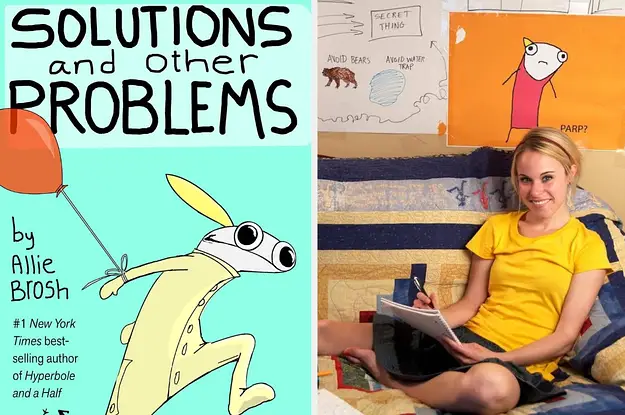
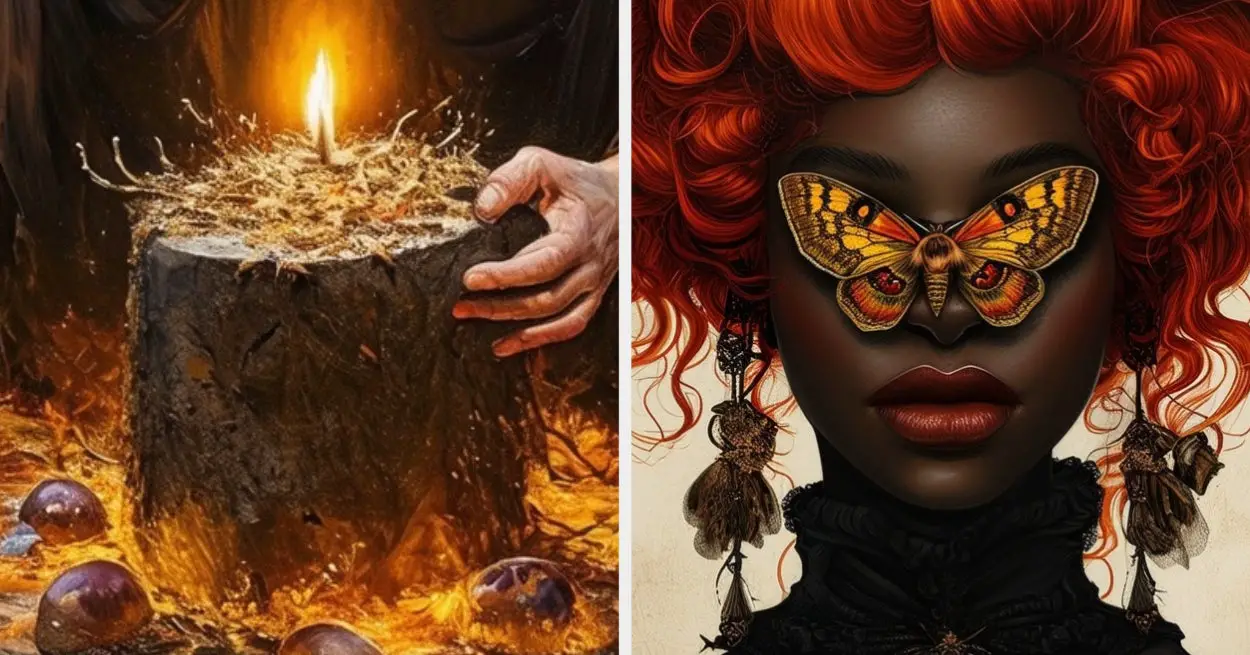
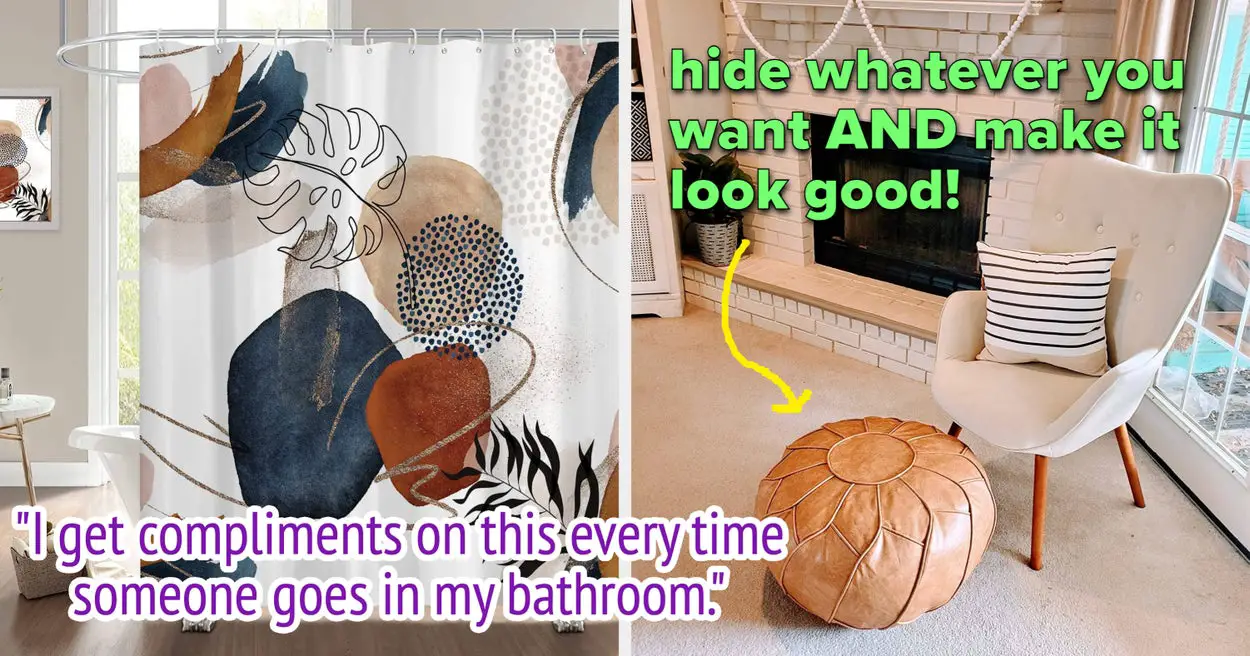
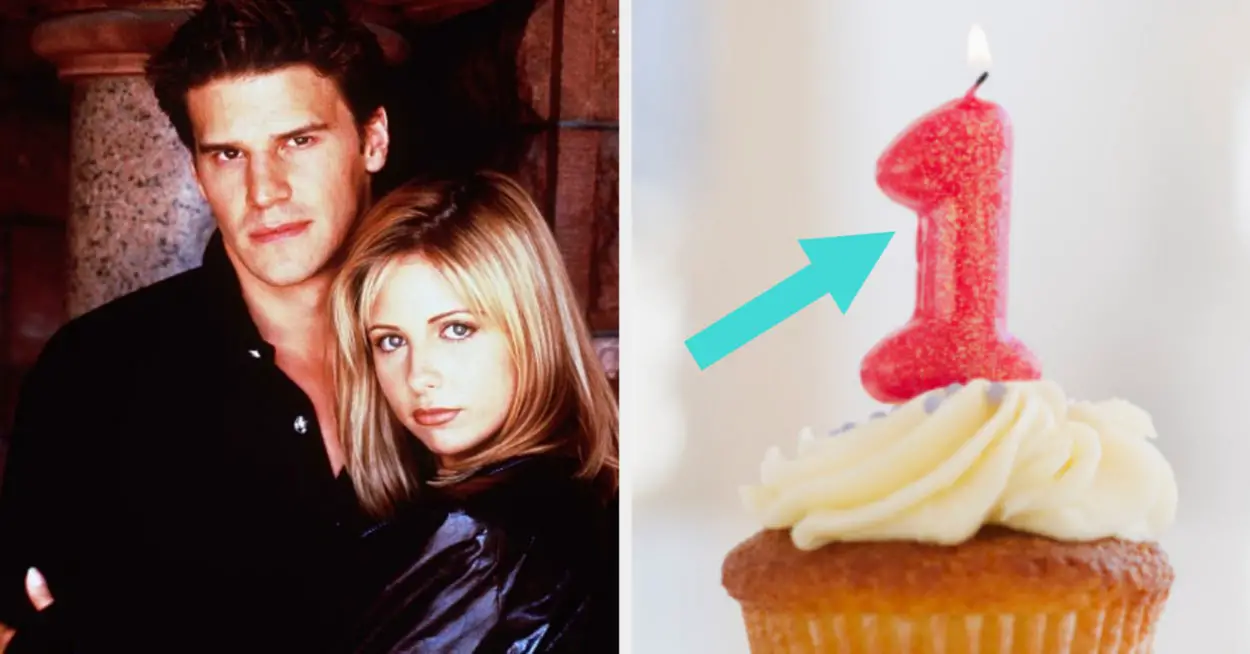
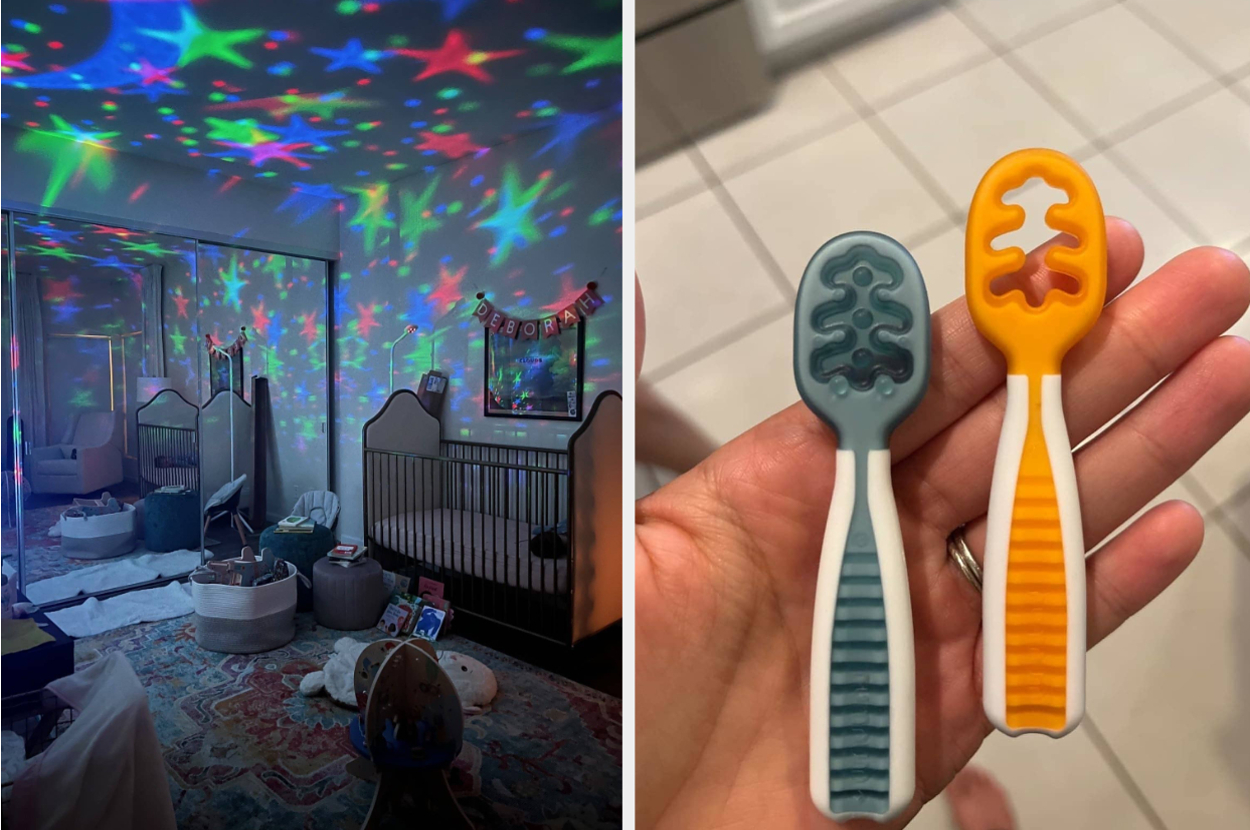
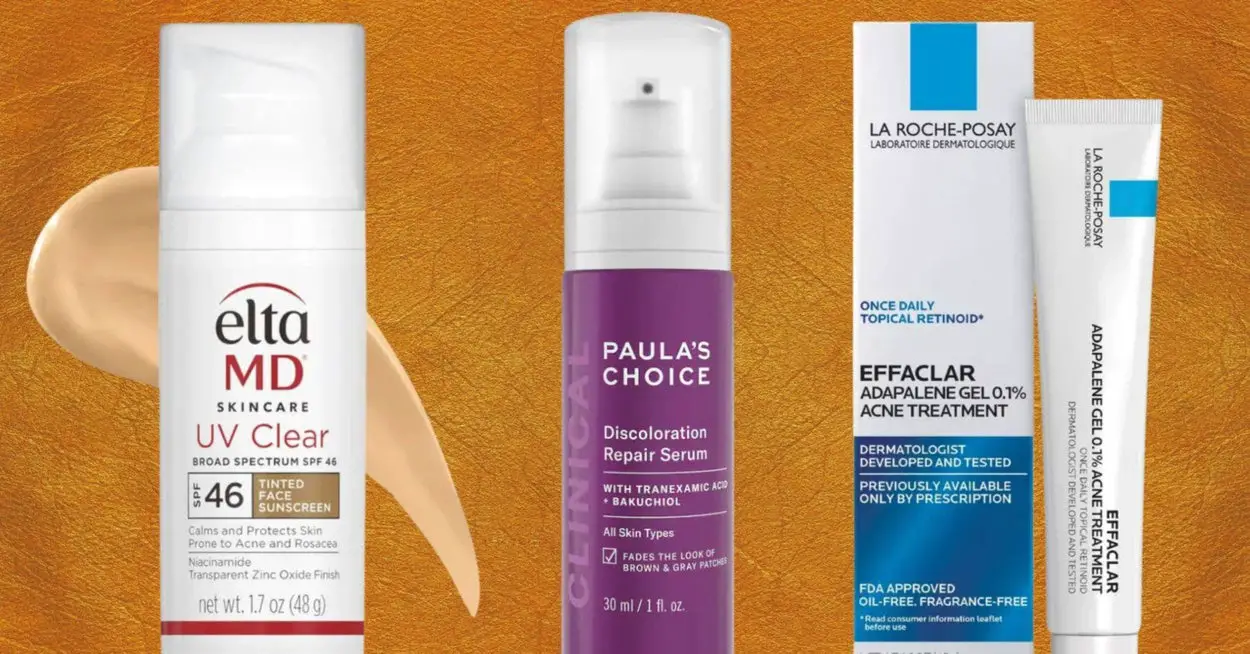

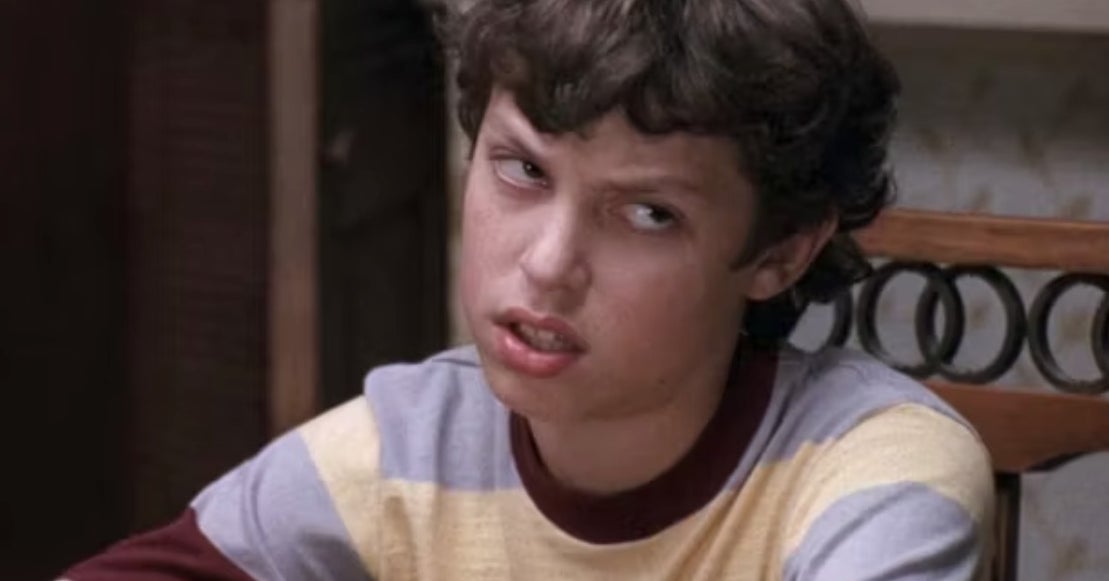
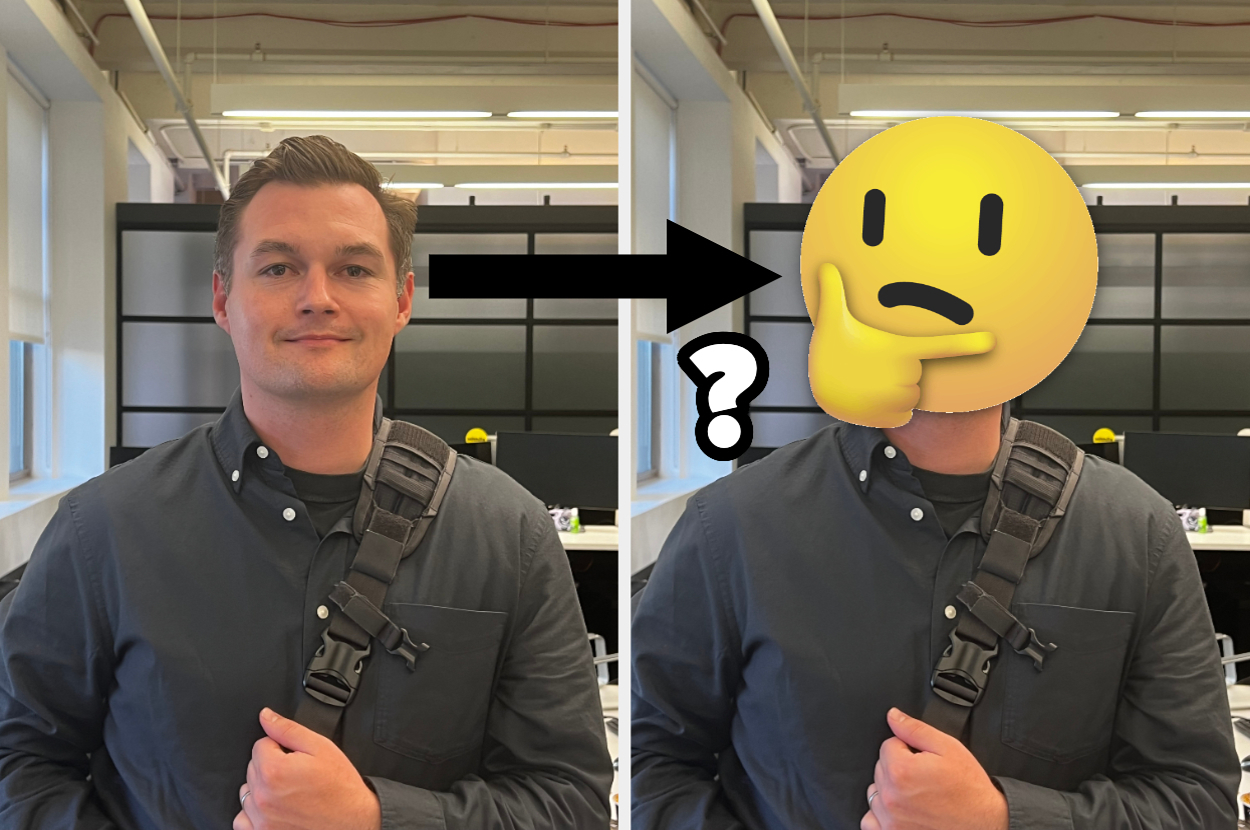
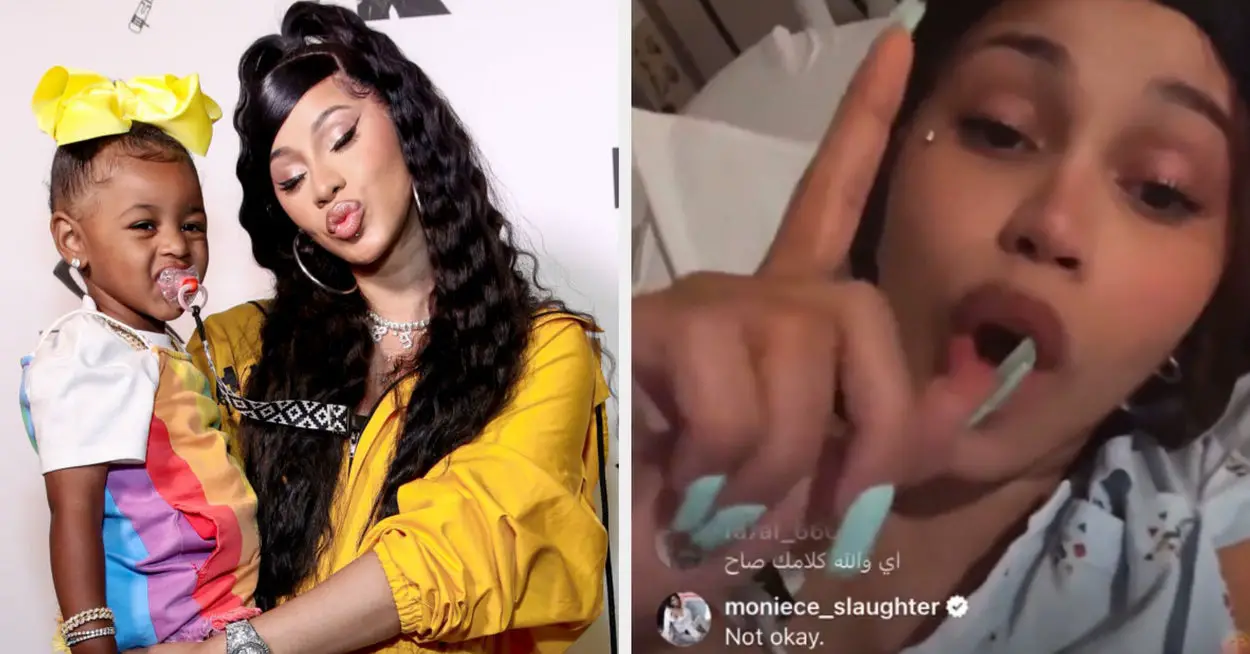
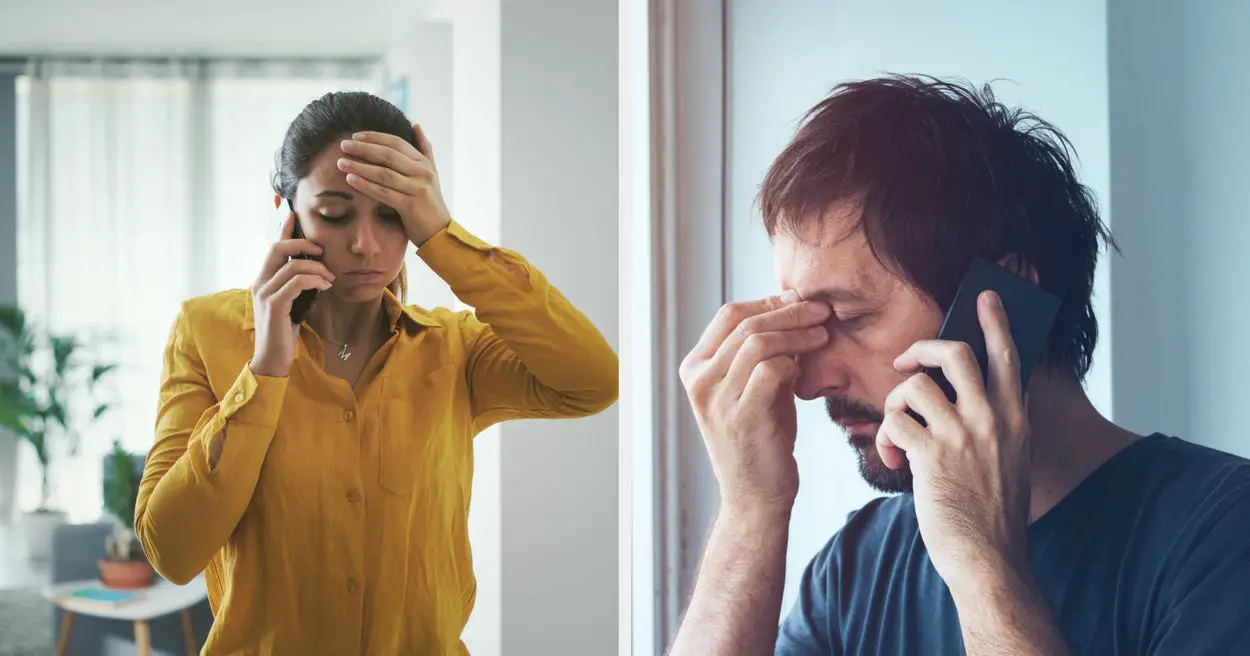
Leave a Reply